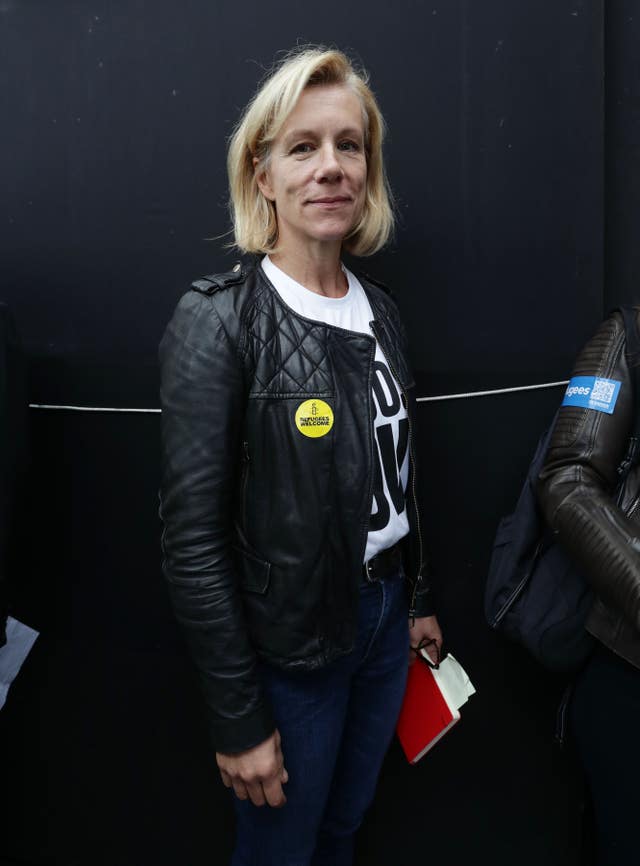A group of actors, authors, lawyers and film-makers have called on the Government to lift a ban on people seeking asylum in the UK taking on paid work.
The joint letter, signed by 39 people including actor Jude Law, sculptor Antony Gormley, film-maker Ken Loach and former archbishop of Canterbury Dr Rowan Williams, said the issue is “urgent, so plainly unjust and so easy to reconcile that we have been compelled to speak out”.
Under current Government rules, asylum seekers are not normally permitted to work while they are waiting for their application to be processed.
The Government says applicants can request permission to work if a decision on their asylum claim has taken longer than 12 months.

In limited circumstances, asylum seekers may be allowed to take up a job on a list of “shortage occupations” published by UK Visas and Immigration.
Signatories to the letter, which was co-ordinated by actors Juliet Stevenson and Jamie Bamber, claimed the shortage list is an “absurdly narrow selection of jobs” which includes roles such as “classical ballet dancer” and “nuclear waste worker”.
The letter argued that as a result of asylum rules, people are being forced into “poverty, destitution, and homelessness”.
The letter, also signed by author Sir Michael Morpurgo, actors Joanna Lumley and Peter Capaldi and lawyers Helena Kennedy and Philippe Sands, claimed asylum seekers rely on £5.39 a day from the Home Office, which “is plainly not enough for anyone to live off, let alone build a life around”.

“Their skills are wasted, their individual life ambitions stunted, their days confined to either the four walls of their accommodation or to the streets they sleep on,” it added.
The celebrities argued that Britain was “suffering” as a result of the Government’s “illogical policy”.
“We are denying this country the immense skills, aptitude, and talents of the people who reach our shores,” they added.
“We are preventing people seeking asylum from integrating with and contributing to our communities.
“Britain has a proud history of embracing people from different backgrounds but that history is being undermined by our government’s policy on asylum.
“We urge the government to heed the calls of the more than 160 charities, businesses, and faith groups who have called on them to lift the ban on work for people seeking asylum and in so doing create a stronger Britain, a more diverse workforce, and prosperous communities.”
The Lift the Ban campaign, a coalition of charities, businesses, unions and faith groups, has also urged the Government to allow people seeking asylum to work from six months after they submit their claim.
Spokesman Stephen Hale said: “Every day that passes under the current system is another day when people seeking asylum are left without a decent income, forced to depend on Government support, unable to pursue their dreams, or provide, independently for their family.
“Lifting the ban will make a world of difference to the families and individuals seeking asylum here in the UK.”
